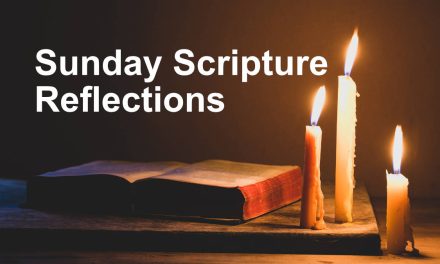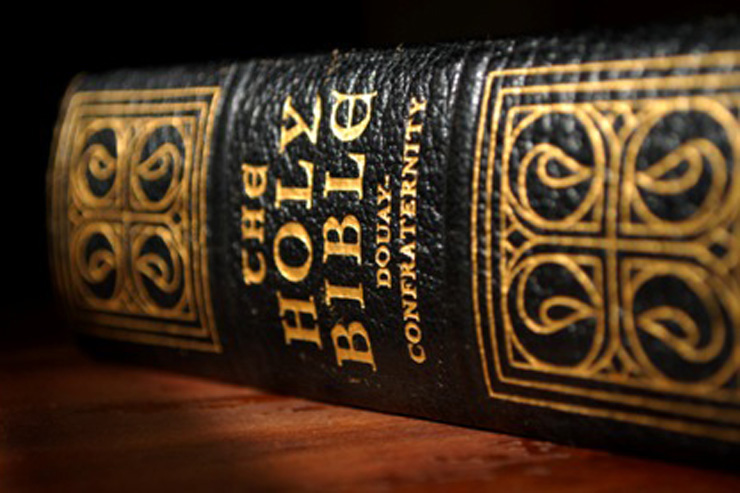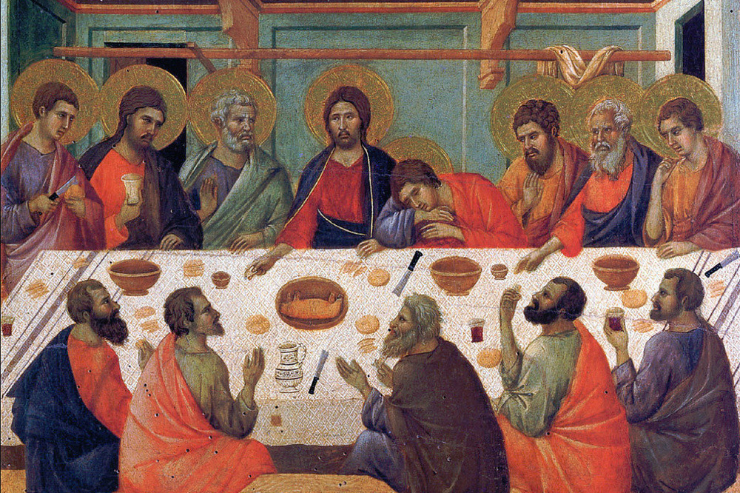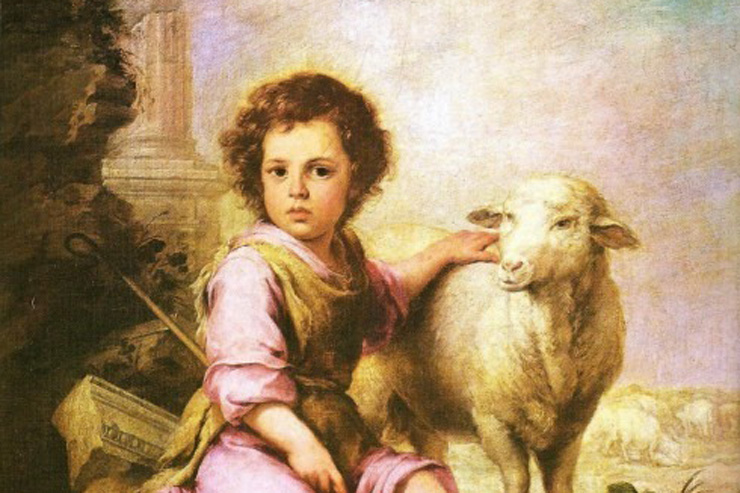Editor’s Note: Reflection on the Mass readings for Pentecost Sunday; Acts 2:1-11; Psalms 104:1, 24, 29-30, 31, 34; First Corinthians 12:3-7, 12-13; John 20:19-23
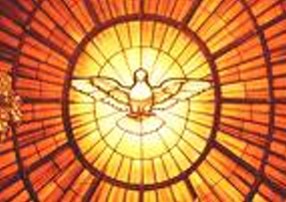 As a teen, I thought the clergy were supposed to do everything. We laity were just called to pray, pay, and obey. Oh yes, and keep the commandments, of course. The original 10 seemed overwhelming enough. Then I discovered the Sermon on the Mount and nearly passed out.
As a teen, I thought the clergy were supposed to do everything. We laity were just called to pray, pay, and obey. Oh yes, and keep the commandments, of course. The original 10 seemed overwhelming enough. Then I discovered the Sermon on the Mount and nearly passed out.
Perhaps this is why many inactive Catholics are so resentful of their upbringing in the Church. For them, religion means frustration, failure, and guilt.
Somehow they, and I, missed the good news about Pentecost. OK, we Catholics celebrate the feast every year and mention it in Confirmation class, but lots of us evidently didn’t “get it.”
Because if we “got it,” we’d be different. Bold instead of timid, energetic instead of anemic, fascinated instead of bored. Compare the apostles before and after Pentecost and you’ll see the difference the Spirit makes.
The gospel is Good News not just because we’re going to heaven, but because we’ve been empowered to become new people, here and now. Vatican II insisted that each of us is called to the heights of holiness (Lumen Gentium, chapter V). Not by will-power, mind you. But by Holy Spirit power. Holiness consists in faith, hope, and especially divine love. These are “virtues,” literally “powers,” given by the Spirit. To top it off, the Spirit gives us seven further gifts which perfect faith, hope, and love, making it possible for us to live a supernatural, charismatic life. Some think this is only for the chosen few, “the mystics.” Thomas Aquinas taught to the contrary that the gifts of Is 11:1-3 (wisdom, knowledge, understanding, counsel, piety, fortitude, and fear of the Lord) are standard equipment given in baptism, that all are called to be “mystics.”
Vatican II also taught that every Christian has a vocation to serve. We need power for this too. And so the Spirit distributes other gifts, called “charisms.” These, teaches St. Thomas, are not so much for our own sanctification as for service to others. There is no exhaustive list of charisms, though St. Paul mentions a few (I Corinthians 12:7-10, Ro 12:6-8) ranging from tongues to Christian marriage (1 Cor 7: 7). Charisms are not doled out by the pastors; but are given directly by the Spirit through baptism and confirmation, even sometimes outside of the sacraments (Acts 10:44-48).
Do I sound Pentecostal? That’s because I belong to the largest Pentecostal Church in the world. Correcting the mistaken notion that the charisms were just for the apostolic church, Vatican II had this to say: “Allotting His gifts “to everyone according as he will” (1 Cor. 12:11), He [the Holy Spirit] distributes special graces among the faithful of every rank. . . . These charismatic gifts, whether they be the most outstanding or the more simple and widely diffused, are to be received with thanksgiving and consolation, for they are exceedingly suitable and useful for the needs of the Church” (LG12).
Powerful gifts, freely given to all. Sounds like a recipe for chaos. But the Lord also imparted to the apostles and their successors a unifying charism of headship. The role of the ordained is not to do everything themselves. Rather, they are to discern, shepherd, and coordinate the charims of the laity so that they mature and work together for the greater glory of God (LG 30).
So what if you, like me, did not quite “get it” when you were confirmed? I’ve got good news for you. You actually did get the Spirit and his gifts. Have you ever received a new credit card with a sticker saying “Must call to activate before using?” The Spirit and his gifts are the same way. You have to call in and activate them. Do it today and every day, and especially every time you attend Mass. Because every sacramental celebration is a New Pentecost where the Spirit and his gifts are poured out anew (CCC 739, 1106).
Acknowledgement
This article originally appeared in Our Sunday Visitor as a reflection on the Mass readings for the Pentecost Sunday of Easter, year ABC. It is reproduced here by permission of the author.
Please help us in our mission to assist readers to integrate their Catholic faith, family and work. Share this article with your family and friends via email and social media. We value your comments and encourage you to leave your thoughts below. Thank you! – The Editors

